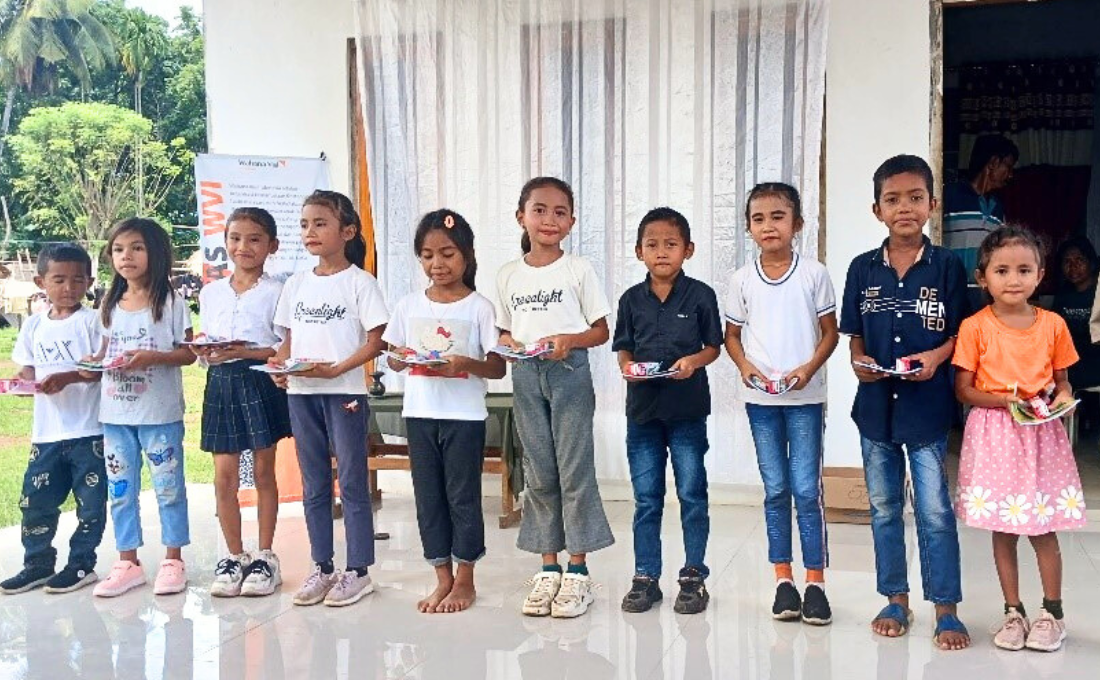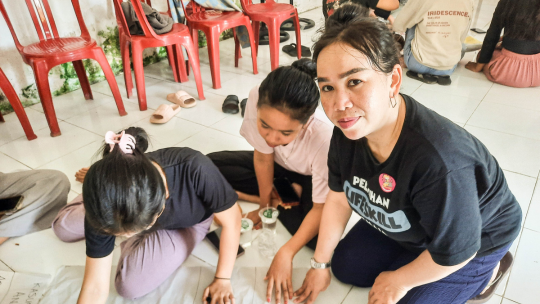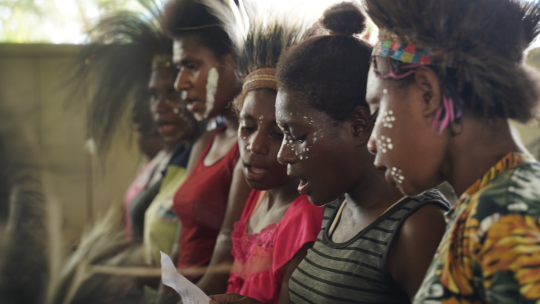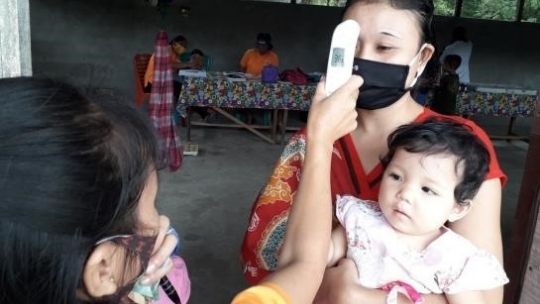A Simple yet Meaningul Way to Fulfill Children’s Rights

Every child has the right to live the best possible life, regardless of their family's circumstances, local access, or how remote their home is. Children have the right to feel hope and joy, and to have a comfortable space to express themselves. However, parents/caregiver, teachers, midwives, village heads, or religious leaders often don't realise that these children's rights exist and must be fulfilled. Children are still seen as second-class citizens whose needs are not a priority, and who are deemed unsuitable for participation in various activities.
Children living in both urban and rural areas face difficulties in fulfilling these rights. In cities, parents struggle to find dedicated time to truly be present and with their children. Busy schedules and work demands in the city hinder a child from experiencing the warmth of family relationships. In rural areas, parents and other adults surrounding children are not exposed to information about children's rights. Sometimes, local culture also disregards children's rights, leading to generations of children growing up in situations where their rights are not acknowledged.
The fulfilment of children's rights must always begin with raising awareness of their existence and importance. Both children and adults must be aware of this. After that, children and adults can consider how to fulfil these rights. And it turns out, fulfilling children's rights is simple and easy.
For example, in Southwest Sumba Regency, once all the residents of one village understood children's rights, various initiatives to fulfil these rights emerged. Starting with families, parents who were previously less concerned about their children now began to give them full attention. The village government provided various children's activities that had never existed in the village before. Religious leaders designed their places of worship to be more child-friendly. These changes occurred due to the awareness of the villagers and the assistance from Wahana Visi Indonesia.
"Apart from playing and sports at school, I didn't have any other activities with my friends that involved all of us. So I wasn't brave enough to perform in public. After WVI came and held activities with our parents, there was finally a joint Christmas event for all the children in the village. I'm happy and ready to join, I asked Mum when we're having Christmas together," Veldi recounted. This eight-year-old girl felt very happy when her village finally held a Christmas celebration for children.
Not only were they spectators, but the children were also entrusted with guiding and filling the event. "I was given the opportunity to be the MC for the children's Christmas event. I was so proud, and this was something new for me. Initially, I wondered if I could speak in public, but after I successfully delivered the opening remarks, I felt the courage to complete the entire event well," said Keyla (9 years old).
Veldi was given the role of leading the prayer at the event. This first experience certainly made her nervous, but after successfully getting through it, a sense of empowerment and confidence grew within her. The potential that had been a mere seed has now sprouted, ready to continue growing strong roots and lush leaves.
"I'm happy when we, children, are involved in joint Christmas activities because usually there are no village activities that involve us. This is an opportunity to gather freely and play to our heart's content with friends, and we are all enthusiastic to participate. From this activity, through practice, we were brave enough to sing together in front of our Mums and Dads and friends. My Mums and Dads were also happy and supported me to participate in the activity," Veldi explained.
The joy that Veldi, Keyla, and the other children experienced from this simple Christmas event will be remembered by them until they are grown. These enjoyable and valuable experiences, rich in the essence of children's rights, will determine their future. When children's rights, which were once non-existent, become real and are acknowledged by every child and adult, that's when sustainable transformation begins. Children can feel the presence of hope, an abundance of joy, and the reality of justice in their lives. All of this starts with diverse yet meaningful simple activities.
Author: Mariana Kurniawati (Communication Executive)
Contributors: Dominggus Umbu Pati and Frans Bulu Kolo (Freelancer for South-West Sumba Area Programme)



